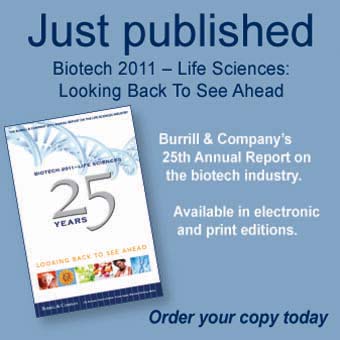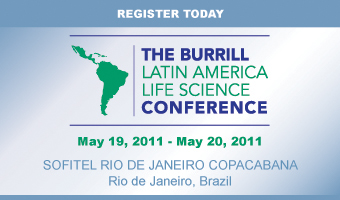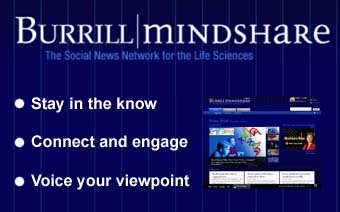“People commonly think of dopamine as a happy transmitter, or a pleasure transmitter, but more accurately it's a learning transmitter, says Morikawa.”
College students racing to Spring Break hot-spots such as Jamaica, Cancun, and Daytona Beach for a week of alcohol infused debauchery may actually be improving their ability to learn and remember, which may precisely be the problem.
In a study published in The Journal of Neuroscience, the researchers at the University of Texas at Austin’s Waggoner Center for Alcohol and Addiction Research found alcohol activates certain areas of the brain that make people better able to learn and remember. That’s not to say that the common view that drinking is bad for learning and memory is wrong, but rather that it represents a narrow view of the effects of alcohol consumption on the brain.
“Alcohol diminishes our ability to hold on to pieces of information like your colleague's name, or the definition of a word, or where you parked your car this morning,” says neurobiologist Hitoshi Morikawa, one of the authors of the study. “But our subconscious is learning and remembering too, and alcohol may actually increase our capacity to learn, or ‘conditionability,’ at that level.”
The study actually pushes toward a new understanding of alcohol and drug addiction. The type of learning Morikawa is speaking of is so-called “reward learning.” Morikawa found that repeated alcohol exposure enhances synaptic plasticity in a key area in the brain. He says this is evidence toward an emerging consensus among neuroscientists that that drug and alcohol addiction is fundamentally a learning and memory disorder.
The thinking goes like this. When someone drinks alcohol, or for that matter uses drugs such as cocaine or heroin, the user’s subconscious is learning to consume more. They become more receptive to forming subconscious memories and habits with respect to food, music, people and social situations.
Morikawa argues that alcoholics aren't addicted to the experience of pleasure or relief they get from drinking. Instead, he says they're addicted to the constellation of environmental, behavioral and physiological cues that are reinforced when alcohol triggers the release of dopamine in the brain.
“People commonly think of dopamine as a happy transmitter, or a pleasure transmitter, but more accurately it's a learning transmitter,” says Morikawa. “It strengthens those synapses that are active when dopamine is released.”
Alcohol, in this model, tells the brain that what we're doing at that moment is rewarding and worth repeating.
Morikawa says by understanding the neurobiological underpinnings of addiction better anti-addiction drugs that would weaken the key synapses could be developed. Such drugs, he says, would be able to erase the subconscious memory of addiction.
April 13, 2011
http://www.burrillreport.com/article-drinking_to_remember.html






.gif)
